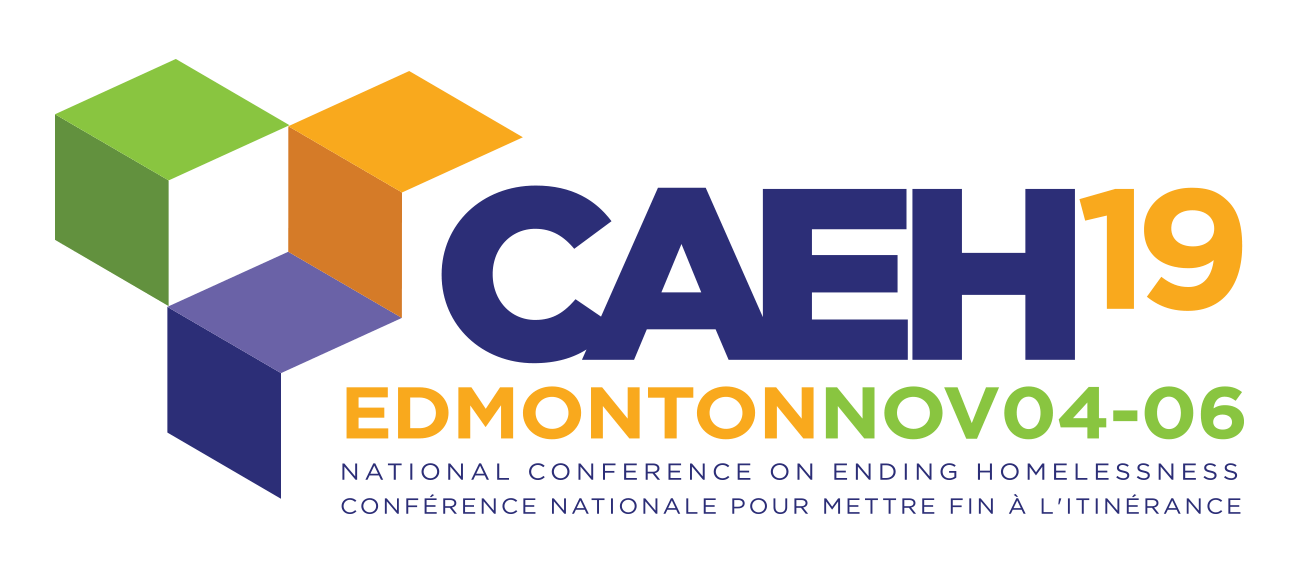The information contained here is taken from the University of Toronto Academic Integrity Website, the University of Toronto Missisauga Academic Integrity Website, and the Code of Behaviour on Academic Matters.
What constitutes an academic offence during a remote exam?
Generally, submitting someone else’s work as your own, receiving help from someone else and/or helping someone else with their exam can all constitute academic offences. Sharing exam questions through online platforms or social media can also constitute an offence. Accessing aids like cheat sheets or online search engines are other examples of common remote academic offences.
Some Examples Include:
Accessing an exam cheat sheet while writing your exam
Searching Google, Reddit, or other platforms for help
Posting an exam question on Reddit or Twitter
Sharing and discussing exam questions through a chat app like Facebook messenger
Submitting an answer from Easy Edu or Chegg
Selling your exam or essay answers to other students
Even for open-book exams, always double-check with your professor what resources are acceptable. An open-book exam does not mean you are free to use any resource you want.
For more on unauthorized aids, see our post on unauthorized aids.
I’ve been accused of an academic offence, now what?
The information contained here is taken from the Academic Integrity Website’s Process and Procedures page. For a visual representation of the process, click here.
Professor’s Meeting
You will have an opportunity to discuss the accusation with your professor. You do not have the right to counsel at this meeting, but nothing you say can be used against you at a Tribunal Hearing (if the matter gets to that point).
Two important notes about professor’s meetings:
If the professor believes an academic offence has occurred after meeting you and the assignment/exam is worth more than 10% of your grade, the professor has no choice but to report the offence. The matter will then proceed to a meeting with the Dean (or his/her Designate).
Ignorance is no excuse! Even if you didn’t know what you did was an offence, the professor must report it.
Dean’s Meeting
At this stage, you will meet with the Dean’s Designate to discuss the allegations. At this point you do have a right to counsel. There are generally three outcomes to the Dean’s Meeting:
1. The Dean’s Designate may decide there was no academic offence and dismiss the matter.
2. If the Dean’s Designate believes there was an academic offence and you admit the offence, the Dean’s Designate may sanction you. If they believe your offence was serious enough to require a suspension longer than a year, they will decline to sanction you themselves and refer the matter to the Provost to lay charges against you.
3. If the Dean’s Designate believes there was an academic offence and you do not admit the offence, they will refer the matter to the Provost to lay charges against you.
Tribunal Hearing
If the Provost lays charges against you, you will have your matter heard before a tribunal comprised of a lawyer, a professor, and a student. For more information about tribunal hearings, see the Office of Appeals, Discipline and Faculty Grievances Academic Discipline website.
Penalties
Sanctions imposed can range from a reprimand, to a reduction in your grade in the class, to a suspension from the University up to 5 years, to expulsion. Most sanctions will also involve a notation on your transcript.
For a non-exhaustive list of potential penalties that the University may impose for an academic offence, see here.
Can Downtown Legal Services (DLS) help?
If your matter has been referred to a Dean’s Meeting or a Tribunal Hearing, DLS may be able to provide you legal advice and representation.
DLS is a free legal aid clinic staffed by University of Toronto law students supervised by trained and experienced staff lawyers.
DLS services are available to any University of Toronto students who have not opted out of paying the DLS student levy. To determine if you’ve paid the DLS student levy, check your Tuition Invoice on ACORN. Look for an incidental fee for Downtown Legal Services.
How can I request DLS’ assistance?
To request assistance, call our intake line at (416) 978-6447. An intake operator will ask you a series of questions to determine if we can assist you.
Please note that whether we are able to assist you will depend on whether clinic students have availability to take on new files.

